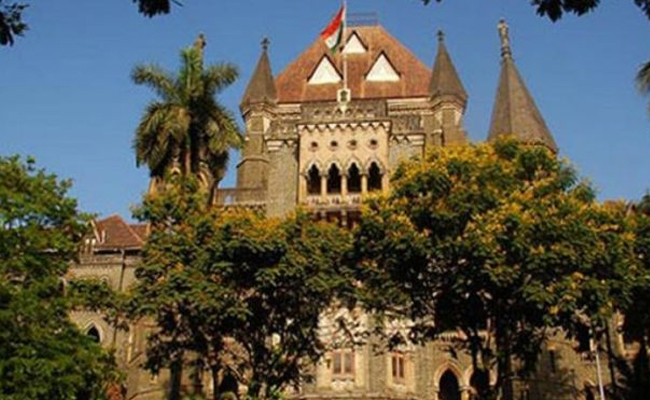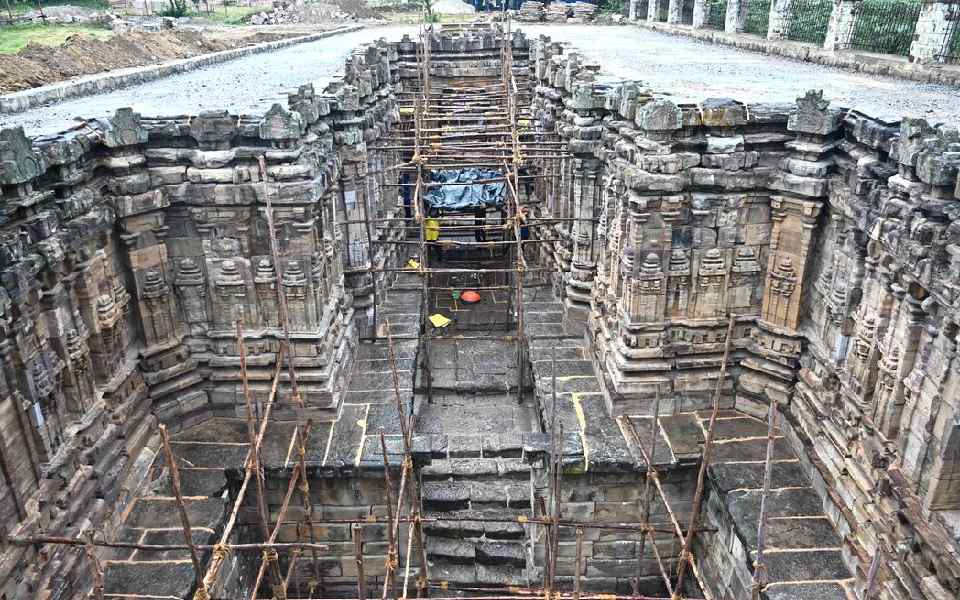Mumbai: The Nagpur bench of the Bombay High Court has sparked controversy with its recent verdict, acquitting a 64-year-old man accused of raping an eight-year-old girl. The court cited that the victim's behavior was not consistent with that of a rape survivor, stating that a minor girl subjected to sexual assault would normally be "terrified" and not "act normal and play."
The case dates back to March 2019, when the accused, Vijay Javanjal, allegedly lured the victim with sweets and touched her inappropriately. The victim's mother complained to the police after her daughter reported the incident, stating that Javanjal was sitting next to her daughter while she was playing.
However, the court questioned the authenticity of the victim's testimony, noting that she continued to play after the alleged assault and only reported it to her mother after returning from school. Justice Govinda Sanap stated that if the accused had committed the act, it would have caused fear, pain, and shock to the girl, prompting her to run away and claim shock to her mother.
The court's decision has raised concerns about its understanding of trauma and victim behavior. Critics argue that the verdict perpetuates harmful stereotypes about how victims should react to sexual assault, ignoring the complexities of trauma and individual responses.
Javanjal was initially sentenced to 20 years rigorous imprisonment under the POCSO Act and Section 376AB of the Indian Penal Code by the trial court. The High Court's acquittal has sparked outrage, with many calling for a review of the verdict.
Let the Truth be known. If you read VB and like VB, please be a VB Supporter and Help us deliver the Truth to one and all.
Gadag: A centuries-old stepwell from the Kalyani Chalukya period is discovered into public in Sudi, a remote village in Karnataka’s Gadag district. The Nagakunda Pushkarani, dating to the 10th-11th century CE, is undergoing extensive restoration under the Department of Archaeology, Museums and Heritage’s ‘Adopt a Monument’ scheme.
The stepwell was focal point of community life and craftsmanship under the reign of Akkadevi, sister of Chalukya king Jayasimha II. It shows the dynasty’s mastery of architecture and water management. Its interior walls are carved with the precision of temple façades, setting it apart from most surviving stepwells in southern India, linking it stylistically to examples in Gujarat and Rajasthan.
After centuries of neglect left its sculptures weathered and its waters dry, the site is now being revived by the Deccan Heritage Foundation India in partnership with Heritage Matters, the Gandipet Welfare Society and the Water Literacy Foundation according to a report published by The HIndu. Work includes structural repairs, removal of invasive vegetation, dredging, stone resetting and landscaping, alongside the restoration of an adjacent mantapa with a large Ganesha idol.
Heritage architect B. Sarath Chandra noted, the project is as much about functionality as aesthetics, with water recharge efforts already underway. Funded by Gandipet Welfare Society founder Rajashree Pinnamenni, the restoration is slated for completion by late 2025, followed by a second phase linking the stepwell to the Jodu Kalasadagudi temple through landscaped pathways.
The report mentions that officials say the revival of Nagakunda Pushkarani could not only reintroduce Sudi’s Chalukya heritage to a wider audience but also serve as a model for conserving other lesser-known monuments across Karnataka.





